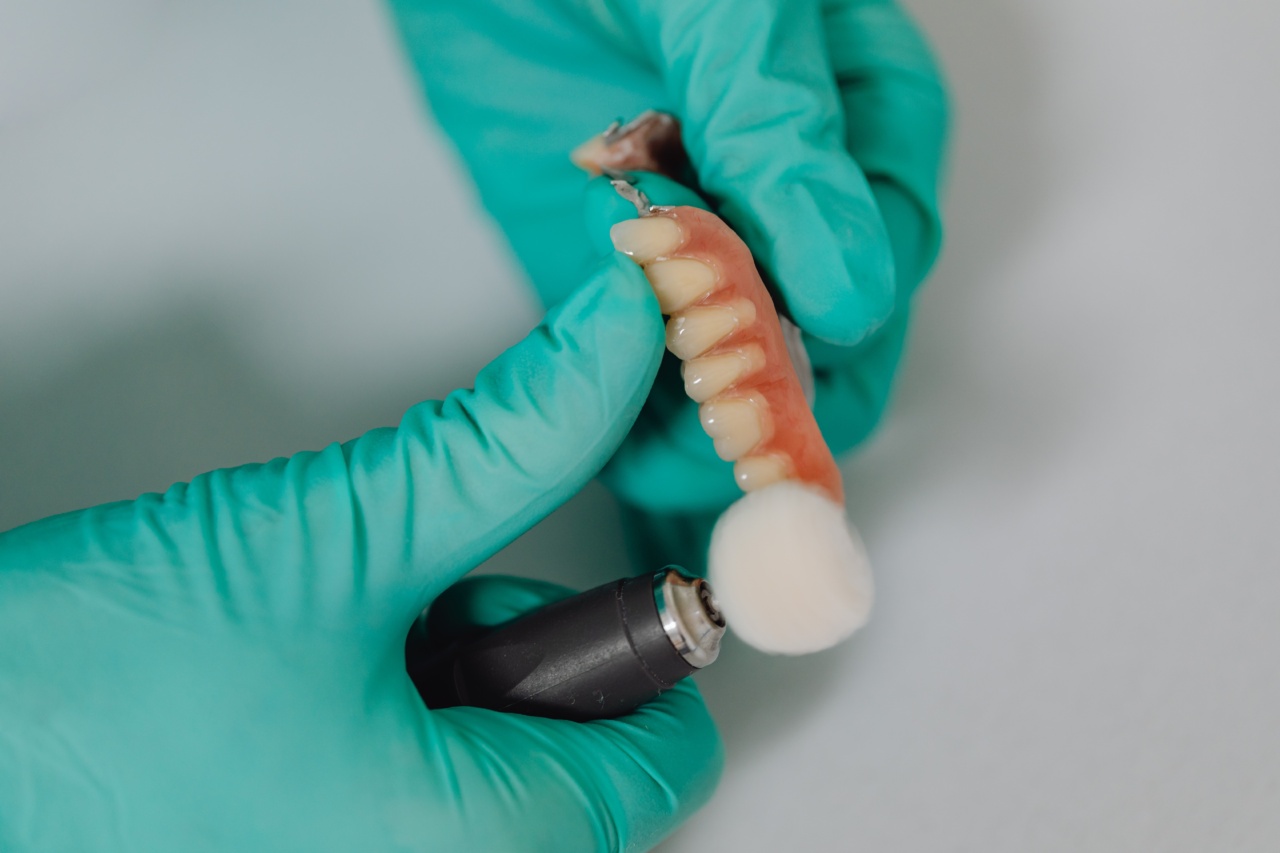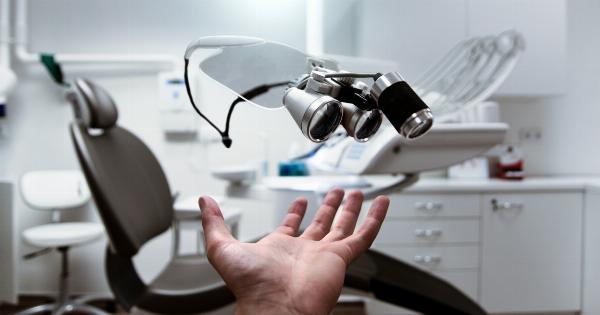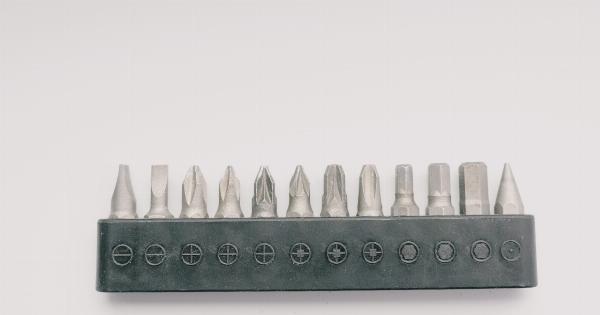Maintaining good oral hygiene is crucial for anyone with teeth or dental implants. However, certain medications could be harmful to both natural teeth and implants. Below are popular pills that can damage teeth and implants.
1. Aspirin
Aspirin is a popular pain reliever and anti-inflammatory medication. However, when taken in high doses, it can cause severe damage to the teeth and gums. Aspirin can cause mouth sores and ulcers and can also lead to gum bleeding.
Additionally, aspirin can inhibit blood clotting, which can cause complications after dental surgeries.
2. Antihistamines
Antihistamines are commonly used for allergy treatment. These medications work by reducing the body’s immune response, which can cause dry mouth. A dry mouth can increase the risk of tooth decay, gum disease, and bad breath.
Without saliva, food particles and bacteria can build up, leading to dental problems.
3. Antidepressants
Antidepressants are prescribed to help individuals manage depression, anxiety, and other mental health disorders. Unfortunately, these medications can cause dry mouth, leading to dental problems.
Additionally, antidepressants can cause teeth grinding, which can lead to tooth damage, jaw pain, and headache.
4. Blood Pressure Medications
Blood pressure medications, such as calcium channel blockers and diuretics, are commonly associated with dry mouth. When the mouth is dry, plaque and bacteria can build up, leading to tooth decay and gum disease.
Additionally, some blood pressure medications can cause gum overgrowth, making it difficult to maintain good oral hygiene.
5. Chemotherapy Medications
Chemotherapy medications are used to treat various types of cancer. Unfortunately, these medications can cause several side effects, including mouth sores, ulcers, and infections.
Additionally, chemotherapy can weaken the immune system, making it difficult to fight off dental infections.
6. Steroids
Steroids are commonly used to reduce inflammation in the body. However, long-term use of steroids can lead to several dental problems. Steroids can weaken the immune system, increasing the risk of infections.
Additionally, steroids can cause dry mouth and can promote the growth of oral thrush, a fungal infection.
7. Painkillers
Prescription painkillers, such as codeine and oxycodone, can cause dental problems when taken in high doses. These medications can cause dry mouth, which can lead to tooth decay, gum disease, and bad breath.
Additionally, painkillers can cause reduced saliva production, leading to bacterial buildup in the mouth.
8. Iron Supplements
Iron supplements are commonly used to treat anemia, a condition that occurs when the body does not have enough red blood cells. Unfortunately, iron supplements can cause teeth staining, making the teeth appear yellow or brown.
Additionally, excess iron can promote bacterial growth in the mouth.
9. Antacids
Antacids are used to neutralize stomach acid. However, these medications can cause dental problems when taken in high doses. Antacids contain high levels of sugar, which can lead to tooth decay.
Additionally, antacids can cause dry mouth, making it difficult to maintain good oral hygiene.
10. Vitamin C supplements
Vitamin C supplements are commonly used to boost the immune system. However, taking high doses of vitamin C can cause enamel erosion, leading to tooth decay. Additionally, excess vitamin C can cause gum irritation, mouth sores, and ulcers.
Conclusion
The medications listed here are just a few of the many that can harm teeth and dental implants. If you are taking any of these medications, it is crucial to maintain good oral hygiene by brushing regularly, flossing, and using mouthwash.
Additionally, visit your dentist regularly for checkups and cleanings to prevent any dental problems from occurring.






























